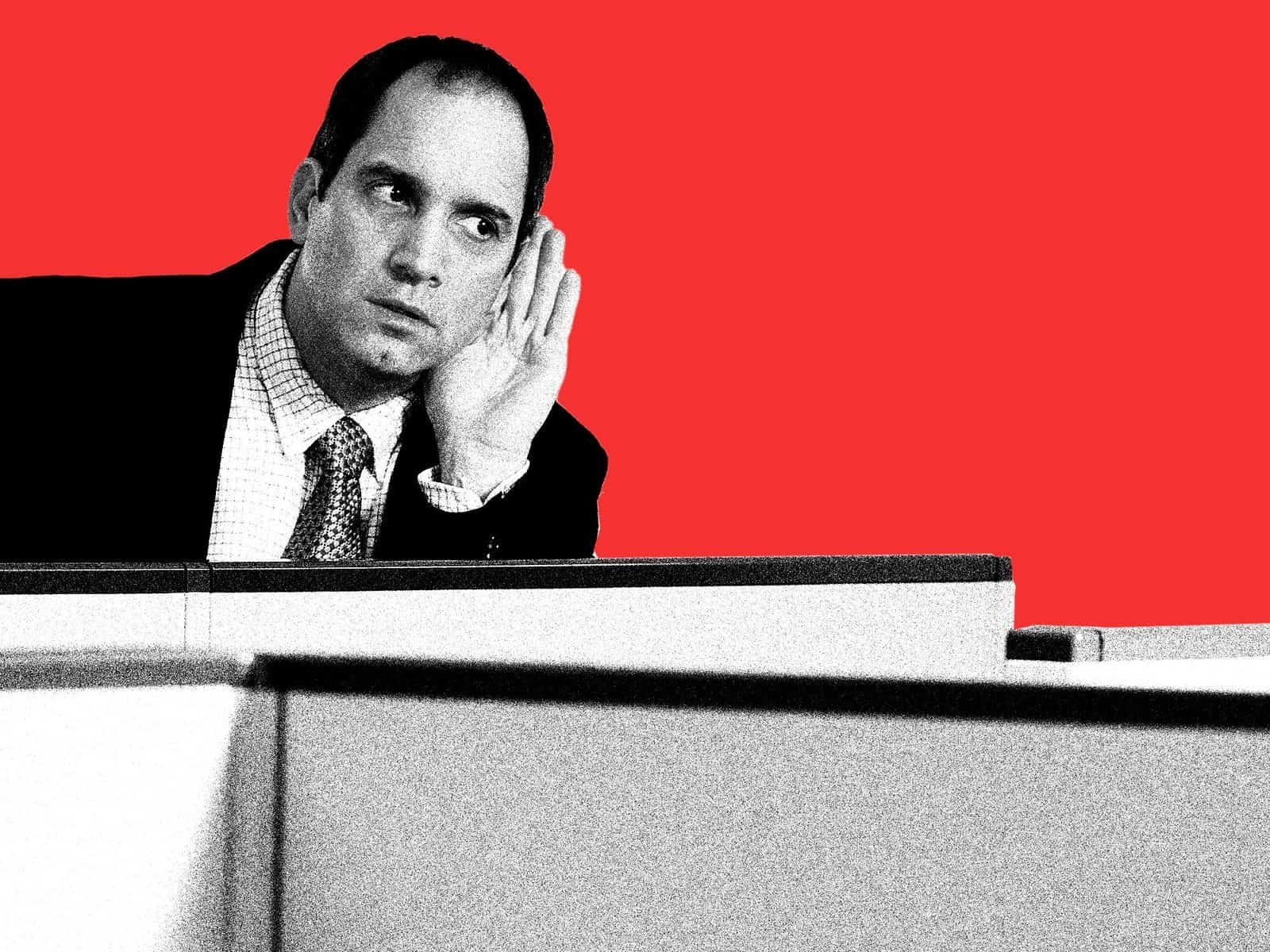Contents
The Rise of Workplace Paranoia and Its Impact on White-Collar Workers
The current landscape of white-collar work is marked by a growing sense of uncertainty. Employees are increasingly anxious about their job security, especially in the wake of AI advancements and ongoing layoffs. This anxiety has led to a pervasive feeling of paranoia among office workers, who are constantly looking for signs that their positions might be at risk.
Signs of an Unsettling Environment
Workers are becoming hyper-aware of subtle cues in their workplace. For example, a manager asking to speak on short notice or a sudden companywide meeting can trigger immediate concern. These small events, while seemingly normal, are often interpreted through a lens of fear, leading employees to overanalyze every interaction.
Amber Smith, 28, experienced this firsthand when she struggled to submit an IT support ticket. It was a clear signal that her second layoff in one year had occurred. Prior to this, she was already on edge, noticing even minor changes in her daily routine as potential red flags.
This heightened awareness is not unique to Smith. Experts describe this phenomenon as “paranoid attribution,” where employees interpret everyday occurrences as negative indicators of their job stability. Questions like, “Do worse snacks mean the company is struggling financially?” or “Is a warmer office a sign that management is cutting costs on air conditioning?” reflect this mindset.
The Psychological Toll
The psychological impact of such paranoia is significant. When employees are anxious, their productivity often suffers. They may become more focused on self-preservation than on completing their tasks effectively. This shift in focus can lead to a decline in overall performance and collaboration within teams.
Michele Williams, a professor of management and entrepreneurship at the University of Iowa, notes that this trend is not new. She recalls similar patterns during the 2008 recession, which have resurfaced in today’s environment. “Workers are feeling disempowered,” she explains. “They’re looking for social cues and overinterpreting them because of that insecurity.”
The Broader Context
The current climate is shaped by several factors, including the threat of AI replacing jobs, stricter return-to-office policies, and a culture that erodes work-life balance. Additionally, the hollowing out of middle management and the Great Flattening have left many feeling vulnerable.
While layoffs are still relatively low compared to historical levels, they remain a constant concern. The unemployment rate is still relatively stable, but it has become much harder to secure a new white-collar job. Promotions have also slowed significantly, adding to the sense of stagnation.
Personal Stories of Resilience
For some, the fear of job loss has led to drastic changes in their careers. Amber Smith, after experiencing two layoffs, decided to go self-employed as a content creator and reseller. “I feel so much better because being self-employed, obviously, I’m not going to get laid off,” she said.
Monica Wiant, a 47-year-old copywriter in Minnesota, also changed her perspective after being laid off twice in two years. Her first layoff came on the day she had planned a return-to-office party for her team. Despite a glowing performance review, she was caught off guard. In retrospect, she recognized warning signs such as budget cuts and reduced hiring.
Wiant emphasizes the importance of human connection in the workplace. “It’s really hard to go to work every day and to know that you may not have a future here no matter how hard you work,” she said. This sentiment reflects a broader issue: many companies are losing sight of the value of their employees’ experiences.
Strategies for Coping
Mark Freeman, 65, who has been laid off twice in his career, offers advice to those navigating uncertain times. “As soon as they say, ‘don’t worry, no one’s going to get laid off,’ you should get your résumé out there and start looking,” he said. He stresses the importance of staying agile and proactive in seeking new opportunities.
Experts suggest that while working harder can be beneficial, pushing too far can lead to negative outcomes. Some employees may hoard knowledge to ensure their indispensability, which can hinder collaboration and innovation within organizations.
Benjamin Friedrich, a professor at Northwestern’s Kellogg School of Management, points out that while worker power is shifting, some benefits from the Great Resignation era, such as remote work flexibility, remain. “If you look at the breadth and the coverage of remote work or what share of workers can work some of the time at home, it’s been very stable,” he said.
A New Perspective
For Monica Wiant, the experience of being laid off twice has led to a deeper understanding of what she needs from work. “I don’t feel as deep of a need to have all of my needs met from work,” she said. “I realize that I can cultivate a sense of purpose and creative challenge and intellectual challenge from other things in my life.”
These personal stories highlight the complex emotions and challenges faced by white-collar workers today. As the workplace continues to evolve, so too must the strategies individuals use to navigate the uncertainties of their careers.




